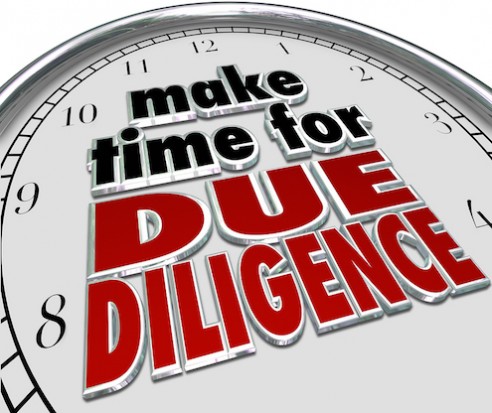
Should you check the property title?
Purchasing property comes with varying risks, and with the economy changing towards the negative, the chance of business and personal insolvency increasing is high, and could make a simple property transaction turn into one which is fraudulent, wrought with disastrous consequences for the buyer.
The most important aspect about purchasing property is the title. Generally, most people understand that the title demonstrates the ownership of the property, and what other interests may be raised against that title.
In Victoria the sale of land is governed by the Transfer of Land Act 1958, and the majority of land comes under the Torrens System of Title. The Torrens System has three distinct elements: (1) interests in land are conveyed by registration of a deed; (2) indefeasibility of title; (3) ownership is evidence by registration on the folio of the register.
However, when it comes to purchasing property, even just looking at the contract of sale for the first time with the property of interest, what should the buyer be considering about the title.
Every contract of sale in Victoria contains a section 32 statement, which encloses a copy of the registered title, and the purchaser should review this document carefully, and such assessment should include:
1. Does the Volume and Folio numbers correspond with the details in the main body of the contract of sale?
2. Who are the registered proprietors named on the title and does that match the contract of sale details where it states the name of the vendor?
3. What is the produced date of the copy of the title, was the document dated within 3 months of the contract date or is the document older? If the copy of the title document is older than 3 months, alarm bells should be ringing to get an updated copy of the title document immediately. Then even if the document is older than 30 days and you still want to buy that property, it is prudent to ask your lawyer to check the title immediately before you sign that contract if there have been any changes to the title registration.
4. What are the encumbrances, caveats and notices that are placed against the title, and if you are not sure what risk these may have against obtaining clear title at settlement, then you need that legal advice! The key aspect of buying property is obtaining clear title, and if there are parties that are registered on the title, who will not release their registration from the title because money is owed, this could result in settlement not finalising and subsequently a breach of contract occurring.
5. The title will also reference the diagram location, which is shown on the plan of subdivision and it is important that the diagram matches the plan of subdivision number, and the location of the property is where you expect it to be positioned.
The title is the most important aspect about the contract of sale, and it is worth checking that title carefully and the related details to make sure what you are really signing up for is what you thought.
So don’t be caught out on your property transaction as it’s easy to happen in a changing market. Therefore, take that extra step and get that legal advice to protect your legal rights and interests.
The comments in the aforementioned do not constitute legal advice and are general in nature, and if legal advice is required please contact: John Melis at Legal AU Pty Ltd (03) 9999 7799
Legal AU Pty Ltd Lawyers are “Liability limited by a Scheme approved under Professional Standards Legislation.”
